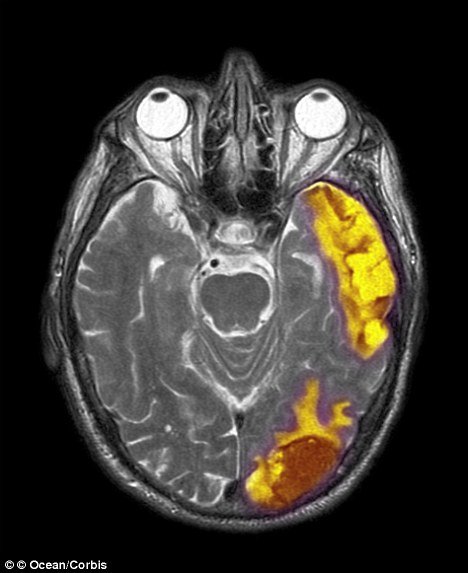
For many years, scientists have speculated that the human brain features a “God spot”, one distinct area of the brain responsible for spirituality.
University of Missouri researchers have now completed a research that indicates spirituality is a complex phenomenon and that multiple areas of the brain are responsible for the many aspects of spiritual experiences.
The new work is based on a previously published study that indicated spiritual transcendence is associated with decreased right parietal lobe functioning,
Missouri University researchers replicated their findings. In addition, the researchers determined that other aspects of spiritual functioning are related to increased activity in the frontal lobe.
“We have found a neuropsychological basis for spirituality, but it’s not isolated to one specific area of the brain,” said Brick Johnstone, professor of health psychology in the School of Health Professions.
“Spirituality is a much more dynamic concept that uses many parts of the brain.”
“Certain parts of the brain play more predominant roles, but they all work together to facilitate individuals’ spiritual experiences.”

In the most recent study, Prof. Brick Johnstone studied 20 people with traumatic brain injuries affecting the right parietal lobe, the area of the brain situated a few inches above the right ear.
He surveyed participants on characteristics of spirituality, such as how close they felt to a higher power and if they felt their lives were part of a divine plan.
Prof. Brick Johnstone found that the participants with more significant injury to their right parietal lobe showed an increased feeling of closeness to a higher power.
“Neuropsychology researchers consistently have shown that impairment on the right side of the brain decreases one’s focus on the self,” he said.
“Since our research shows that people with this impairment are more spiritual, this suggests spiritual experiences are associated with a decreased focus on the self.
“This is consistent with many religious texts that suggest people should concentrate on the well-being of others rather than on themselves.”
Prof. Brick Johnstone says the right side of the brain is associated with self-orientation, whereas the left side is associated with how individuals relate to others.
Although he studied people with brain injury, previous studies of Buddhist meditators and Franciscan nuns with normal brain function have shown that people can learn to minimize the functioning of the right side of their brains to increase their spiritual connections during meditation and prayer.
In addition, Prof. Brick Johnstone measured the frequency of participants’ religious practices, such as how often they attended church or listened to religious programs.
He measured activity in the frontal lobe and found a correlation between increased activity in this part of the brain and increased participation in religious practices.
The research indicated that there are all kinds of spiritual experiences that Christians might call closeness to God and atheists might call an awareness of themselves.
“This finding indicates that spiritual experiences are likely associated with different parts of the brain,” said Prof. Brick Johnstone.